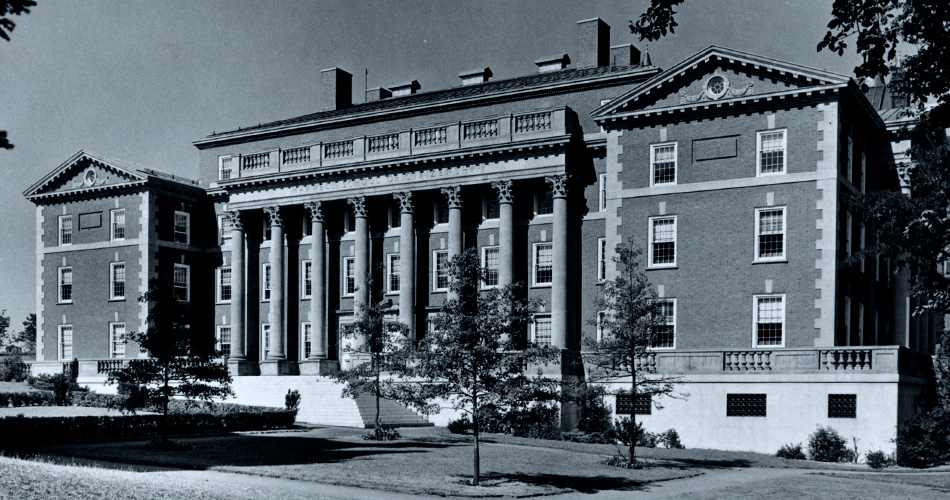Caste Sensorium of Campuses: Embodied Experiences Searching for Words
Eggers Hall, 341
Add to: Outlook, ICal, Google Calendar
The South Asia Center at the Moynihan Institute in conjunction with the Anthropology Department and SU School of Education presents Carmel Christy from Delhi University.
The elite higher educational institutions (HEIs) in India have often turned out to be sites of struggle for Dalitbahujan (DB) students rather than fulfilling their egalitarian promise. Since the early 2000s, the anti-caste, Ambedkarite student movements have created a sense of resistance against prevalent forms of caste discrimination on campuses. Despite this, DB students experience implicit and explicit forms of caste discrimination, often leading to a high number of drop-out rates, indescribable forms of trauma, and sometimes even suicides.
Other than overt forms, caste discrimination is also perpetuated through unspoken, embodied acts which are harder to articulate. These habituated everyday forms of differentiation and discrimination beyond legal parlance make the HEIs dreaded sites where, leave alone thriving, even surviving becomes tough. This silent and normalized casteist embodiment of the HEIs keep outcasting DB students on campuses. In short, the HEIs perpetuate a savarna sensorium, i.e., an aesthetics and ethos which negates not just the intellectual pursuits of DBs but also casts their bodies and ‘being’ as unwanted in these spaces. Based on ethnographic accounts of DB women students, the paper signposts the need to understand embodied, affective forms of interactions as crucial to unpacking caste on Indian campuses.
Carmel Christy K J is an assistant professor of journalism at Kamala Nehru College, University of Delhi. Currently, she is a postdoctoral research associate at The Gladstein Family Human Rights Institute, University of Connecticut. She has published on the intersectionality of caste and gender, the interrelationship between land, caste and gender; caste discrimination in Indian higher educational institutions as well as on displacement, religion and urban space-making. She is working on her next monograph about urban space-making in postcolonial India with reference to the questions of inequality, environment, protest movements and spatial justice.
Category
Social Science and Public Policy
Type
Talks
Region
Main Campus
Open to
Public
Organizer
MAX-South Asia Center
Accessibility
Contact Matt Baxter to request accommodations

We’re Turning 100!
To mark our centennial in the fall of 2024, the Maxwell School will hold special events and engagement opportunities to celebrate the many ways—across disciplines and borders—our community ever strives to, as the Oath says, “transmit this city not only not less, but greater, better and more beautiful than it was transmitted to us.”
Throughout the year leading up to the centennial, engagement opportunities will be held for our diverse, highly accomplished community that now boasts more than 38,500 alumni across the globe.